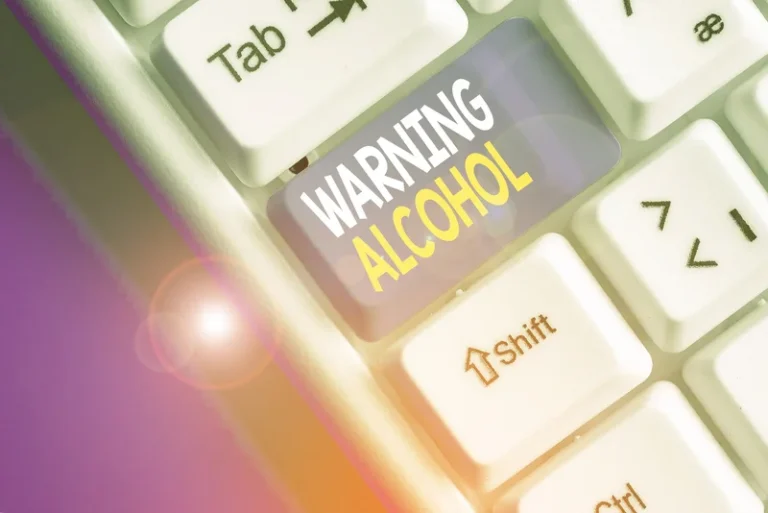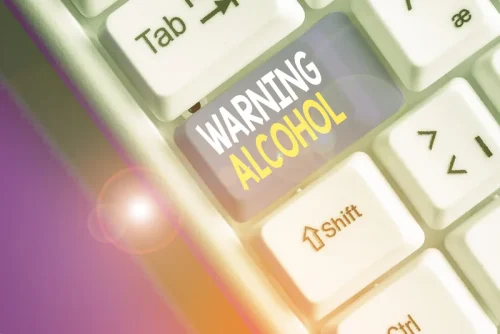
Our facility provides specialized programs that focus on treating co-occurring disorders. We offer integrated treatment plans that address both the psychological and physical aspects of addiction and narcissism, helping individuals achieve long-term recovery. Our expert clinicians and therapists create personalized treatment plans that empower clients to address the root causes of their behaviors and develop healthier coping strategies. While alcohol use disorder and narcissism occur together relatively often, this doesn’t necessarily mean that NPD causes alcohol problems. For individuals with narcissists in their personal life, this can be extremely difficult and emotionally draining.
Medications and Medical Interventions

Avoid enabling the alcoholic narcissist’s destructive behaviors by refusing to make excuses for their actions. According to some of my clients who’ve had experience with alcoholic narcissists, they might tell a few select half-truths when drunk and even reveal something of their underlying insecurities. How narcissists behave when they drink depends on the individual and who they’re with. Another reason narcissists are at risk of becoming addicted to alcohol is that they believe they’re impervious to its negative effects. A dry drunk has stopped drinking but hasn’t yet dealt with the issues that caused their alcohol dependence. They have yet to confront the shame, guilt, or past trauma that drew them to alcohol in the first place, so are at risk of relapsing.
Steps for Family and Friends: Setting Boundaries & Promoting Well-being
All these factors increase the likelihood of a narcissist developing a problem with alcohol. When intoxicated, they may use alcohol to dominate others, manipulate situations, or maintain a sense of superiority. They may therefore use alcohol as a form of medication to cope with those negative feelings. Alcohol can temporarily alleviate the vulnerable narcissist’s feelings of inadequacy, giving them a false sense of confidence that negates their niggling self-doubt. Vulnerable narcissists, on the other hand, tend to be more realistic about alcohol-related problems, such as passing out or feeling sick, and alcohol rehab more willing to discuss them.
Understanding the Connection Between Narcissism and Alcoholism
If you see your loved one struggle and don’t know how to help them, outpatient detox rehab in PA can provide an important first step. It offers flexible treatment narcissist or alcoholic options that allow individuals to receive the care they need while maintaining their daily responsibilities. This approach can be particularly beneficial for those who require ongoing support without the need for residential treatment. When other people point out their drinking problem, alcoholics react defensively.


Vulnerable narcissists are highly sensitive to criticism and may turn to alcohol to numb the emotional pain and create a temporary buffer against negative feelings. A grandiose narcissist may drink to show off and gain admiration from their peers, while a vulnerable narcissist may use alcohol as a coping mechanism to overcome their insecurities. You might also engage in lifestyle changes and self-care strategies in order to make progress. One such change might be to avoid substances like alcohol if they tend to trigger harmful behavior. People can misuse alcohol without having AUD or being addicted to alcohol. They might infrequently have bouts of excessive drinking, for example, but find that it doesn’t affect their life and that it’s easy to cut back on alcohol (or to stop drinking entirely).

Developing Healthy Coping Mechanisms

If you answered “yes” to most of the questions above, speaking with a therapist might be a good idea. Regardless, it’s always a good idea to look for mental health help if you’re experiencing something that causes you distress. If you think that you or a loved one has NPD or AUD, knowing the symptoms can help you better understand both conditions. These overlapping traits can make it hard to distinguish alcohol misuse from narcissism. In some cases, someone who’s misusing alcohol may display similar tendencies to narcissistic people — or at least, it might come across that way to those around them. Staying alert and informed about these vital resources fortifies your defenses against the unpredictability of living with an alcoholic narcissist.
- Yes, narcissism is indeed a personality disorder, specifically referred to as narcissistic personality disorder.
- It requires comprehensive, intensive treatment combined with consistent support.
- Another reason narcissists are likely to become alcoholics is their desire to fit in or stand out in social situations.
- Trust issues often arise as the narcissistic alcoholic may lie or manipulate to cover up their drinking habits.
- They may have started with narcissistic personality disorder and then developed alcohol addiction and dependence.
- It is also recommended to utilize family or couples counseling to heal relationships as well.
Healthy Coping Skills
The combination of NPD and AUD often results in more severe relationship problems and social dysfunction than either disorder alone. Individuals may struggle with maintaining employment, friendships, and romantic partnerships. Mood-related symptoms may include irritability, anxiety, and depression, especially when unable to drink. These individuals might also engage in gaslighting, a form of psychological manipulation where they make others question their own perceptions and memories. Alternatively, you can access support symptoms for each condition separately.